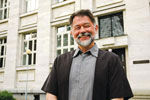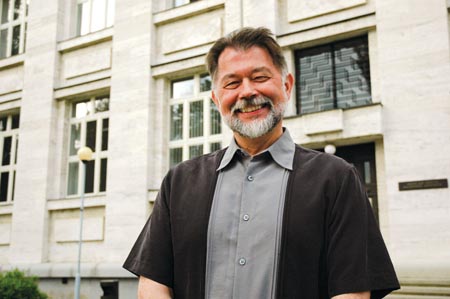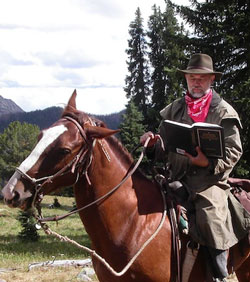 I spent spring semester as an American Fulbright scholar teaching at Masaryk University Faculty of Law. Let me start out by setting the record straight – Masaryk was my first choice over every other school in the Czech Republic and all of Europe. And the reasons are simple. This university’s faculty of law has a worldwide reputation for excellence, especially in my area of practice as an international arbitrator. Dean Rozehnalová is a noted expert and arbitrator. The work she does on behalf of the law students behind the scenes greatly enhances the value of your degree. Additionally, I wanted to live in Brno, a city not overrun by tourists located in beautiful Moravia. And a city situated directly in between the ancestral homes of my parents.
I spent spring semester as an American Fulbright scholar teaching at Masaryk University Faculty of Law. Let me start out by setting the record straight – Masaryk was my first choice over every other school in the Czech Republic and all of Europe. And the reasons are simple. This university’s faculty of law has a worldwide reputation for excellence, especially in my area of practice as an international arbitrator. Dean Rozehnalová is a noted expert and arbitrator. The work she does on behalf of the law students behind the scenes greatly enhances the value of your degree. Additionally, I wanted to live in Brno, a city not overrun by tourists located in beautiful Moravia. And a city situated directly in between the ancestral homes of my parents.
That having been said, I have to admit that it has taken me a while to get used to living here and I have had my share of “stupid-foreigner-in-a-foreign-land” experiences. Not being able to speak your precise slavic language is a major handicap. My mother used to sing bedtime lullabies to me in Český when I was a young child, but the phrase “spát můj malý anděl” is not worth much when ordering a pivo.
In fact, it can get you in a whole lot of trouble. And even in Seattle, we offer our bus seats to older riders. But I did really embarrass myself when I stood up for a woman and the unexpected start of the vehicle caused me to sit down right on top of her. That happens, but I really aggravated the situation when I tried to remember the Czech phrase for “please excuse me” and instead told her, “Prosím, Kde je záchod?” Oh well, I have a lot of work to do before I can speak your language.

Craig Beles spent spring semester 2010 at Faculty of Law. Photograph: David Povolný.
Suprises and shocks
I am often asked what stands out in my experience of living here, i.e., what things have surprised or shocked me. Well, I am trying to wrap my brain around the Easter Monday pomlázka. But people who live in glass houses should not throw stones and the U.S. certainly has its unique traditions. I am also trying to figure out the rationale for the Easter bunny and the Dallas Cowboy cheerleaders. I do love the formal courtesy of the “dobrý den” greeting and the “na shledanou” good bye. But I was surprised to see all the pizza with ketchup and confounded when I searched for peanut butter only to find it in the gourmet section of Tesco. And I am always amazed at how fast people walk and how quiet they are on the trams while sneaking glances at one another. I found it helps to wear dark sunglasses. Being a big pet owner, I appreciate the fact that Czechs love their dogs and also seem to love their Skodas, even though they cost more here than they do in Germany. Go figure.
Differences between systems of education
In terms of the differences in education, I was shocked at the number of courses taken by law students each semester. I do not know how you can keep them all straight. In U.S. law schools (we call them law schools rather than law faculties) the students typically take five classes per semester, although each one meets twice a week. We also have the tradition of the Socratic teaching method where the students often times do more of the talking in class than the professor. The European tradition of straight lecture seems to be slowly changing though. I think students have much more of an investment in class if they know they can be called on at any time to explain a principle or “brief a case.”

Photograph: Archive of Craig Beles.
Let me close by thanking Dean Rozehnalová for her inspiration and generosity; Professor Jiri Valdhans for his good counsel and friendship; Phd candidate Tereza Kyselovska for her invaluable survival assistance, Věra Redrupová for finding me a wonderful place to live, Professor Vladimír Týč for his wonderful Czech sense of humor and my students for their patience and understanding. It has been a great experience and I hope to be back some day.
For Czech version go to this page.